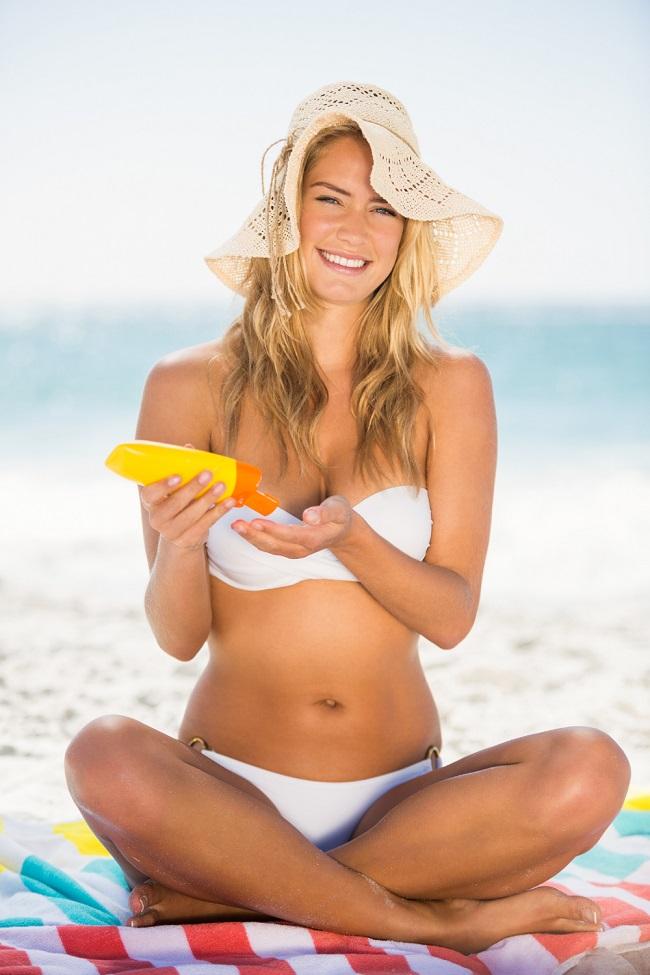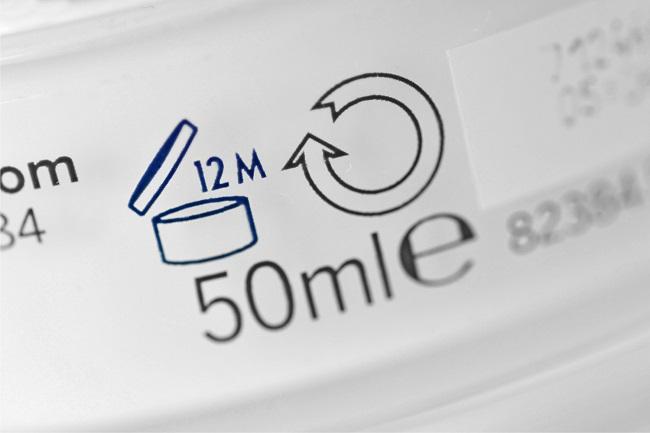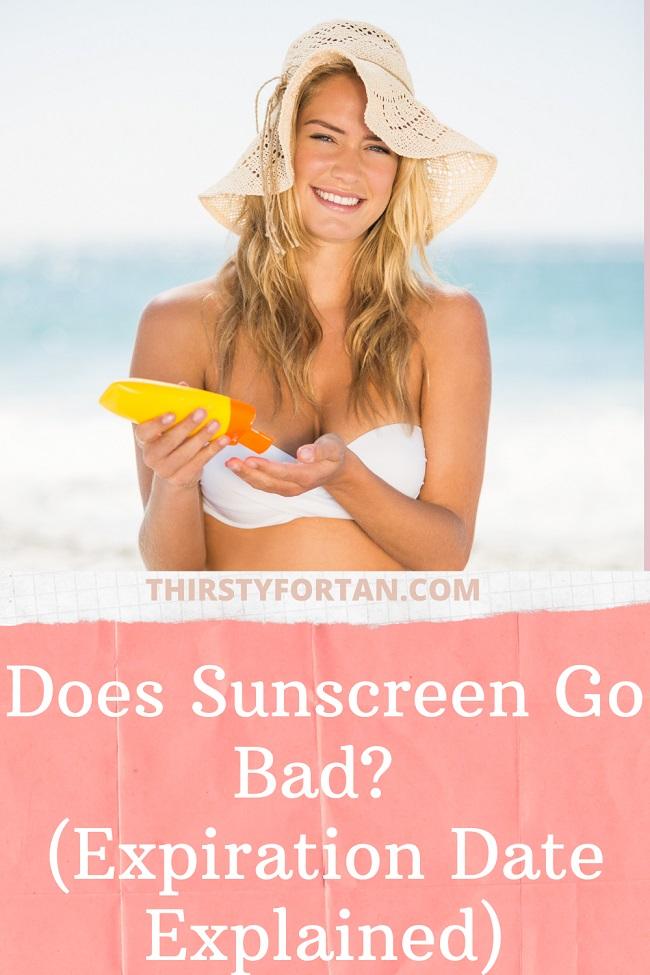Sunscreens are an important part of our daily routines, as you’re about to see, and their importance can spring up a lot of different questions. Obviously, it’s good to know everything you can about something you’re using every day. If you’re wondering whether or not sunscreen goes bad, here are the answers.
Why is sunscreen important?
In case you didn’t know already, sunscreen is a vital part of your skincare routine, and it’s a product you should be using on both your face and your body (when certain areas are exposed). There are lots of reasons why sunscreen is important, so you should make sure you are taking good care of your skin by using it.
The Sun emits a certain type of wave, known as UV rays, and they come in two different types of their own: UVA and UVB. Both of these types bring their own detrimental effects for your skin in the way of sun damage, and this means you need to protect yourself from both.
So that you have a brief idea of some of the damage that these rays can bring, here are some of the biggest impacts of each. UVA rays have a longer wavelength, and they’re responsible for the more long-term effects that may be caused by the Sun. This includes things such as premature aging, wrinkle, fine lines, and pigmentation.
On the other hand, UVB is the main cause for short-term damage, which can still impact your skin in the long-term, however. The most common and severe immediate effect of UVB damage is sunburn, which can increase your chances of developing skin cancer in the future.
In other words, there are lots of things that can develop from repeated sun exposure but, by wearing sunscreen, you can protect your skin on both your face and the rest of your body from these problems and complications in the present and the future.
Also read: What SPF Should I Use on My Face? (3 Best Sunscreens)
What ingredients does sunscreen contain?
In order to protect your skin from the Sun, sunscreen and other protective products contain different formulas, which are often quite complex, and are made up of a combination of UV filters. There are, of course, other ingredients which make up a sunscreen formula, as they can help with other benefits, such as moisturisation or nourishment, and also help the consistency or texture of the product itself. If you are curious about some of the ingredients that sunscreens contain, here are some of the most common ones, and their purpose in your product:
- UVA filters: there are lots of different chemicals and minerals which can act as effective filters against UVA rays, and the list is very long, so it’s worth researching which ingredients work for this. There is some stigma around whether or not some UV filters are bad for you or the environment, and there’s lots of research going on around this.
- UVB filters: UVB filters work just the same as UVA filters, but protect against UVB rays instead. In your sunscreen, it’s important to have both types of filters, as it’s equally as important to protect your skin from both types of UV rays.
- Preservatives: in case you haven’t heard of this term within the cosmetics industry before, preservatives are a category of ingredients which are used to keep your products used for longer and give them a longer shelf life. There are different ingredients which can act as preservatives, and these have an important role in keeping your sunscreen usable, as you’re about to see.
- Humectants: this category of ingredients is responsible for attracting water, which therefore hydrates and nourishes your skin. These are common in sunscreens as they also prevent the other ingredients from drying out your skin.
While these aren’t the only ingredients found in sunscreens, they’re very important ones, and found in every single product.
- SUPERIOR ENDURANCE VS. SWEAT & WATER — From family fun to hardcore competition, Banana Boat Sport Sunscreen provides strong sun protection that stays on so you can play on
- CLINICALLY PROVEN UVA/UVB PROTECTION — This SPF 50+ broad spectrum sunscreen spray protects skin from the sun's harmful UV rays
- 3-fluid ounce travel size bottle of Neutrogena Ultra Sheer Dry-Touch Non-Greasy Sunscreen with SPF 70 for broad spectrum UVA/UVB protection
- This lightweight and sheer sunscreen is fast-absorbing with Dry-Touch technology for a non-greasy, matte finish that leaves skin feeling clean. The face and body sunscreen is formulated with Helioplex for superior sunburn protection for your skin
- EltaMD UV Clear Face Sunscreen is a lightweight oil free sunscreen made with transparent Zinc Oxide that leaves no white cast after applying and helps block damaging UVA and UVB rays from the sun
- Dermatologist recommended face sunscreen for acne prone skin is oil-free, protects against breakouts, and is an essential acne sunscreen for those with acne prone skin care concerns and other sensitive skin types like rosacea and hyperpigmentation
If you click Buy on Amazon and make a purchase, I'll earn a small commission at no additional cost to you.
Also read: What SPF Should I Use on My Face? (3 Best Sunscreens)
Does sunscreen go bad?
Now that you know a little bit about the ingredients involved in sunscreens, you can start to understand if, and how, sunscreens can spoil. The short answer is yes, like any other cosmetic product, sunscreens do expire eventually, and it’s something you should be aware of.
As mentioned earlier, preservatives are found in all sunscreens, as well as other makeup or skincare products, and they are the ingredient which keeps all the others from expiring or spoiling when they naturally would. However, eventually, preservatives can become ineffective and expire too, which is when your product will expire. Often, this process can take a very long time to occur, and there isn’t a specific date on which your product will expire.
Once your sunscreen has expired, there isn’t exactly any danger involved in using a spoiled sunscreen, but it’s still best to avoid it anyway. Because preservatives are there to keep the other ingredients functioning properly, as they should, when the product goes out of date, the ingredients which are there to keep your skin calm, or prevent irritation, also go out of date, which is when there may be some problems for your skin. It’s also worth mentioning that when other ingredients go out of date, they can decompose or cause reactions in unusual ways, which can also be an issue.
When using expired products, there are some side effects that you’ll notice, but these may not take up immediately. For most people, the main issues include irritation, redness or itchiness, and other similar discomforts. The bigger concern is that the protective agents and filters used in the sunscreen will most likely turn ineffective when expired, and no longer work like they should to protect your skin.
If you’re wondering how you can find out your sunscreen’s expiry date, there should be a small container-like shape somewhere on the packaging of your product, with a number in it, usually 6, 12, or 18. This number represents the number of months that the sunscreen is safe to use from the day your open it and first use it.
Final thoughts
In short, yes, sunscreens do go out of date, and they can spoil to leave you with a product that is best to be avoided and replaced. While there may not be any noticeable problems or issues with using a spoiled sunscreen at first, you may find that the consistency becomes unpleasant, or the product becomes ineffective, in the future.







